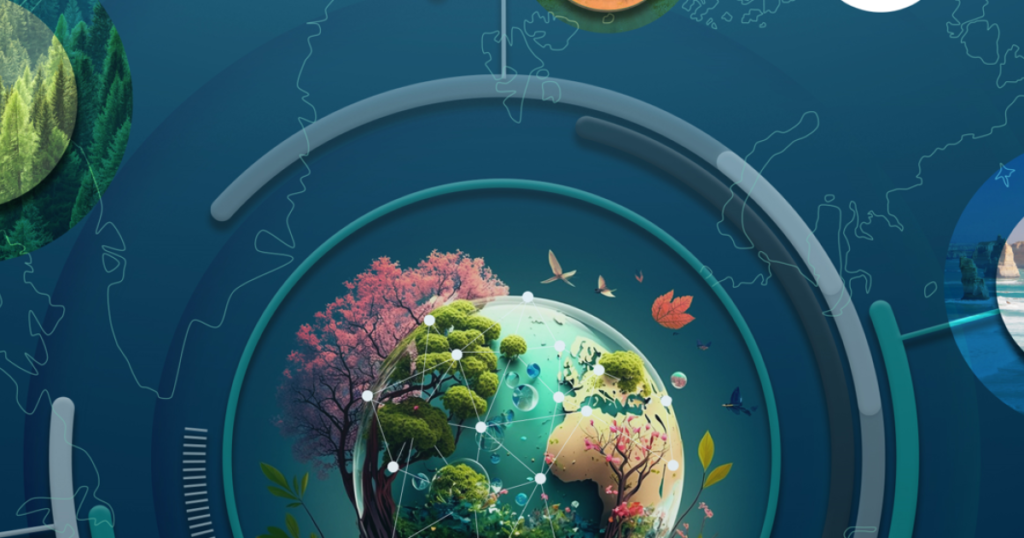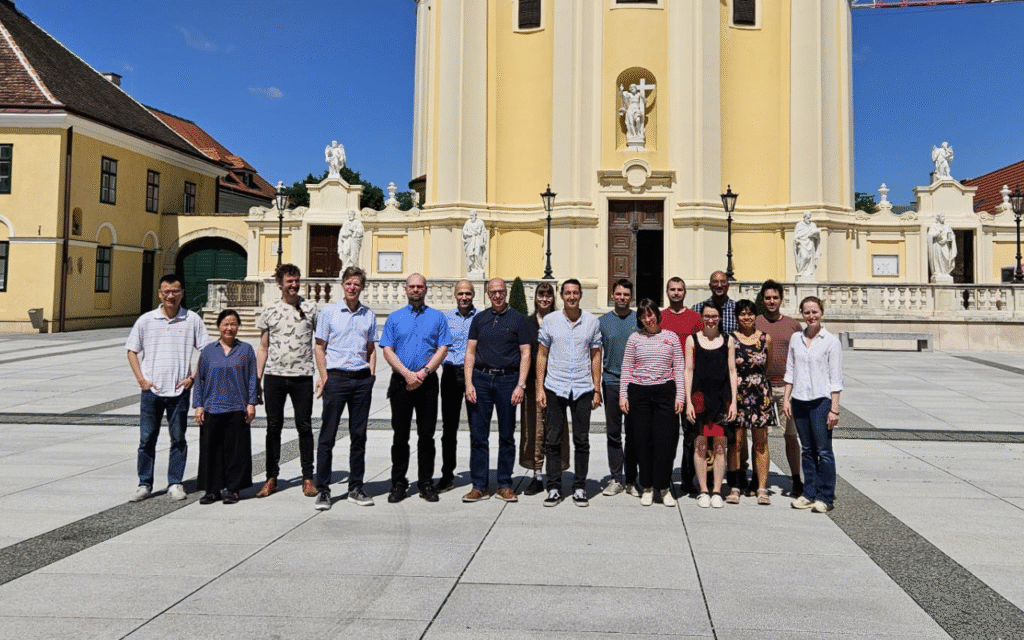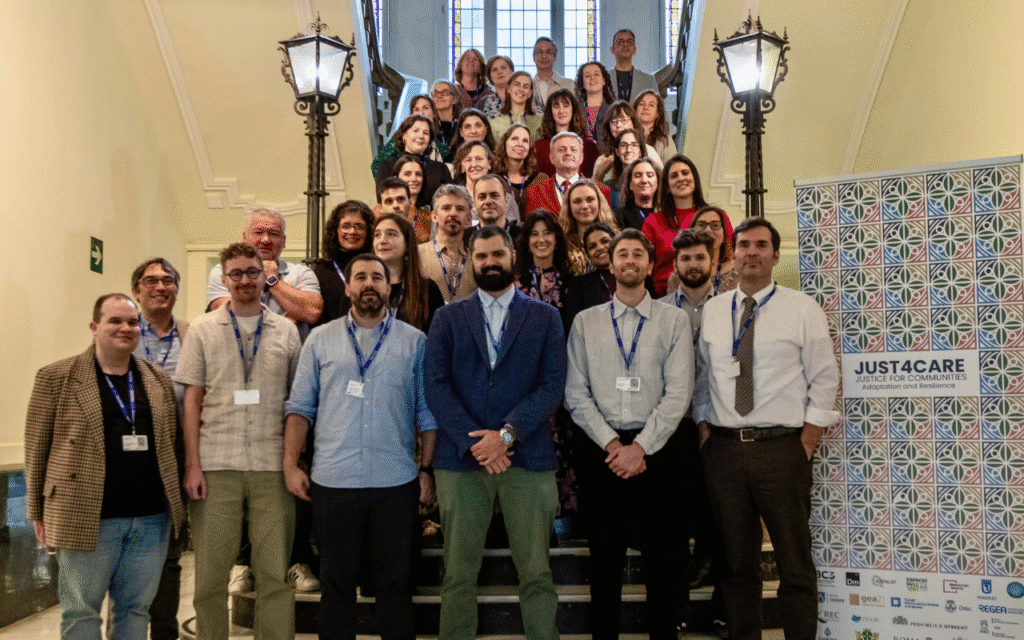The Earth Observation for Ecosystem Accounting (EO4EA 2022) workshop was held from November 28 to December 1, 2022. It served as a platform to discuss the statistical framework brought by the United Nations Statistical Commission for natural capital accounting (NCA): the SEEA Ecosystem Accounting (SEEA EA).
During the four-day workshop, the SEEA Ecosystem Accounting framework was presented as a tool to exploit the potential of Earth Observations (EO) in ecosystem accounting. In addition, it reinforced the importance to join efforts to provide robust and cost-effective EO solutions, such as the ARIES for SEEA Explorer, that help countries develop and compile their ecosystem accounts.
To present ARIES to the EO community, ARIES Lead Investigator at BC3 Ferdinando Villa, made an informative presentation and demonstration on what ARIES is, how it works and the potential that it has.
ARIES, more than a tool to resolve a particular problem, is a collaboration platform where you can add your own methodologies and whoever doesn’t have a methodology yet, can use it.
Ferdinando Villa
ARIES lead investigator, BC3
For ARIES for SEEA, the Natural Capital Accounting Project Manager at BC3 Alessio Bulckaen showcased that the AI solution has gained, since its launch in April 2021, the support of 8 national statistical offices in the compilation of environmental accounts – Botswana, Ghana, Kenya, Philippines, Rwanda, Senegal, South Africa and Uganda.
ARIES for SEEA is not just for countries with limited resources or capacities. By making better science interoperable and reusable, developed nations that share data and models could improve global uptake of SEEA EA more than traditional capacity building.
Alessio Bulckaen
ARIES NCA specialist, BC3
Finally, Ken Bagstad, ARIES Natural Capital Accounting Specialist at USGS, focused on the importance of interoperability, how to create collective intelligence and order from this highly fragmented landscape.
The solutions to the interoperability problem must be trusted, user-friendly and equitable. Start by using the best code repositories, then progressing toward more advanced machine actionability and semantic annotation of data and models.
Ken Bagstad
ARIES NCA specialist, USGS
The 2022 EO4EA Workshop featured dozens of innovative presentations and hundreds of attendees from around the world, focused on the shared goal of increasing global use of SEEA EA and using the best-available Earth observation data to do so. Interoperability is at the heart of how the global scientific community can feasibly navigate the ever-growing data and model landscape, and ARIES is well suited to fit this key global need.







